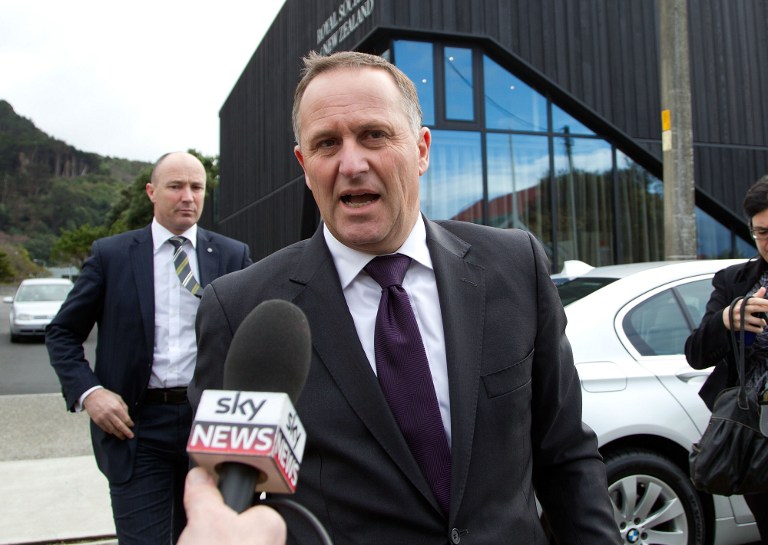SUMMARY
This is AI generated summarization, which may have errors. For context, always refer to the full article.

WELLINGTON, New Zealand – New Zealand Prime Minister John Key said Tuesday, August 13, he will visit Beijing later this year to personally apologize to Chinese consumers over the Fonterra milk botulism scare.
China’s baby formula market is worth around NZ$3.0 billion ($2.4 billion) a year to New Zealand and Key said apologizing was an important step in restoring trust in his country’s foodstuffs after the crisis, which resulted in global recalls.
He acknowledged it was unusual for a national leader to say sorry on behalf of a private company but said the reputation of Fonterra was inextricably tied with that of New Zealand as a whole.
“Fonterra are a private company owned by, largely, dairy farmers of New Zealand,” he told TV3.
“But in reality they’re a really important part of the New Zealand economy and it’s just going to be important in their (Chinese) culture that I go up there and offer an apology.”
More: New Zealand takes charge of Fonterra milk scare response
Key said he was not visiting Beijing immediately as he wanted to wait until a government inquiry into the botulism scare was completed so he had the answers to any questions from consumers in China.
While no infants fell ill after consuming tainted product from Fonterra, the scandal dented New Zealand’s image and hurt its reputation for supplying premium infant formula.
Key said the New Zealand government had been “upfront” about the contamination, which has been blamed on a dirty pipe in a North Island processing plant, and feedback indicated Chinese consumers appreciated its transparency.
More: Experts: Pressures, marketing push China milk formula use
Fonterra, which has faced criticism for allegedly releasing information too slowly to customers, has launched its own inquiry into the crisis.
Critics have accused it of failing to learn the lessons of a 2008 scandal, when six children died and 300,000 fell ill after a Chinese company it part-owned illegally laced milk with the chemical melamine. – Rappler.com
Add a comment
How does this make you feel?
There are no comments yet. Add your comment to start the conversation.